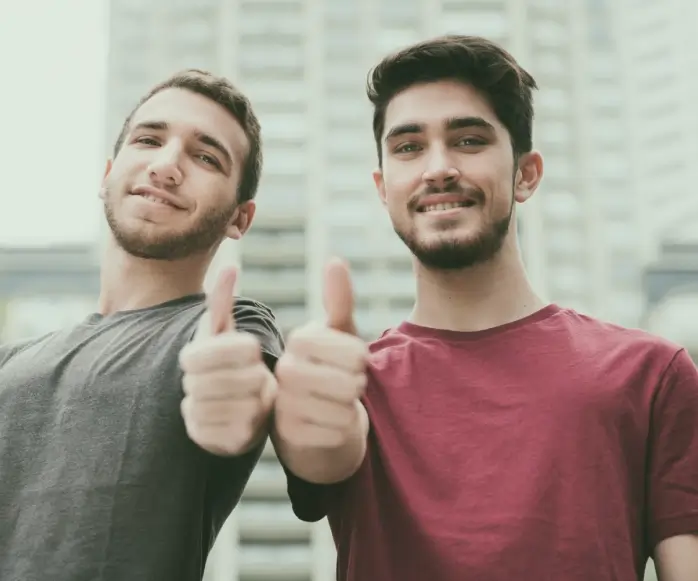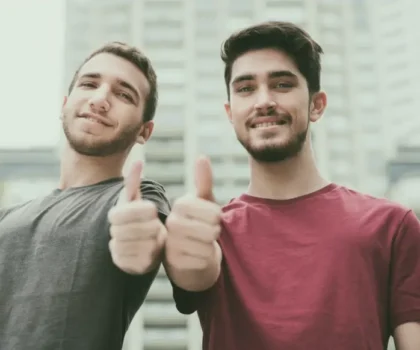Anxiety, Panic Attacks and Drinking
- July 17, 2023
- haven
- Leave a comment

Signs that it’s time to reach out include constant worry, physical symptoms like chest tightness, or avoiding situations due to fear. For more persistent or intense anxiety, professional help like therapy or medication might be necessary. Combining lifestyle changes with treatment often leads to the best long-term results. Spending time with people you trust can help you feel more supported and less alone. And even though it might seem scary to vocalize, talking things through with a friend or family member can ease anxiety. When you let your loved ones know you’re experiencing anxiety, you give them the opportunity to show up for you, even if it just means being present as you share what’s on your mind.
Medical tools and resources

A BMJ report revealed that nearly one-third of adolescents aged 12–17 regularly consume energy alcohol and anxiety drinks. When anxiety hits, your breathing can become shallow and fast, which can make you feel even more on edge. Deep breathing is a good way to calm your nervous system and bring your focus back to the present.
- Individuals with pre-existing anxiety disorders may be more prone to panic attacks.
- In that case, it’s important to find healthier treatment options, such as non-addictive anxiety medications and effective counseling.
- If anxiety persists despite these lifestyle changes, seeking medical help is essential.
- In extreme cases, it can cause dizziness, muscle twitching, and restless movements, which make feelings of anxiety or fear worse.
- And interestingly, I’d say in the Gen Z generation, alcohol is not seen even as a cool, fun thing to do, generally.
Practice mindfulness and meditation to soothe your mind
- The physical effects of alcohol consumption, such as increased heart rate and changes in blood sugar levels, can mimic symptoms of anxiety.
- These changes can affect emotional regulation and impulse control.
- If you’re frequently getting panic attacks after consuming alcohol, it’s important to take a step back and look at your drinking.
- “Hangxiety” is a term used to describe a feeling of nervousness or unease after drinking alcohol.
Much of the world will mark the fifth anniversary of the global lockdown in the coming weeks. Additionally, practicing yoga can enhance your focus and help reduce cravings. Yoga not only improves physical flexibility and strength but also promotes mental clarity and emotional balance, making it easier to resist unhealthy habits. Engaging in yoga regularly can lead to better concentration and a calmer mind, which are essential for effective stress management. One study found that providing non-alcoholic beverages can lower how much people drink alcohol.

Evidence-based Treatments

As well as being an unhealthy coping mechanism, cases of alcohol-induced panic attacks prove that alcohol can actually be the cause of anxiety and panic rather than the cure. Alcohol doesn’t directly cause panic attacks, in the sense what is alcoholism that those with panic disorder suffer from panic attacks with or without alcohol. There are several reasons for this, which will be discussed below; but the key thing to remember is that those with panic attacks suffer from an issue known as hypersensitivity. While alcohol can make your panic attacks worse, alcohol itself doesn’t cause panic attacks on its own.
- While alcohol initially acts as a sedative, helping people fall asleep faster, it disrupts the sleep cycle, particularly REM sleep, leading to fragmented and non-restorative sleep.
- Some studies on mice show that alcohol-related anxiety can last anywhere from 4 to 14 hours.
- They can refer you to a mental health professional or addiction specialist.
- So there were a number of specific health conditions for which there is interest on the impact of moderate alcohol consumption and those outcomes.
- People who have panic attacks often fear when or if they’ll have one again because of how intense and severe these sensations tend to be.
- Individuals experiencing panic attacks may feel a loss of control or fear of death.
- A systematic review and meta-analysis found that meditation programs can lead to small to moderate reductions in anxiety and depression.

Gabapentin is often prescribed for patients with alcohol-induced anxiety disorder who also struggle with alcohol dependence. It is typically taken once or twice daily, with dosage adjustments based on the patient’s response. Gabapentin, an anticonvulsant, is sometimes used off-label to treat anxiety and alcohol dependence.

Leave a Comment